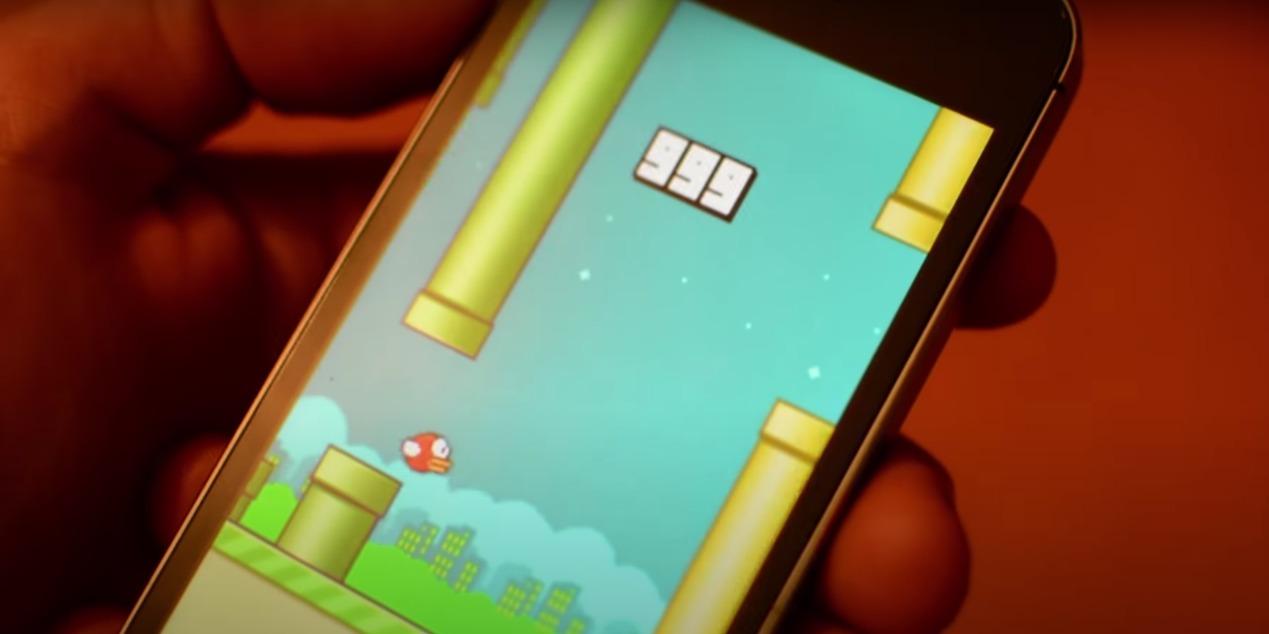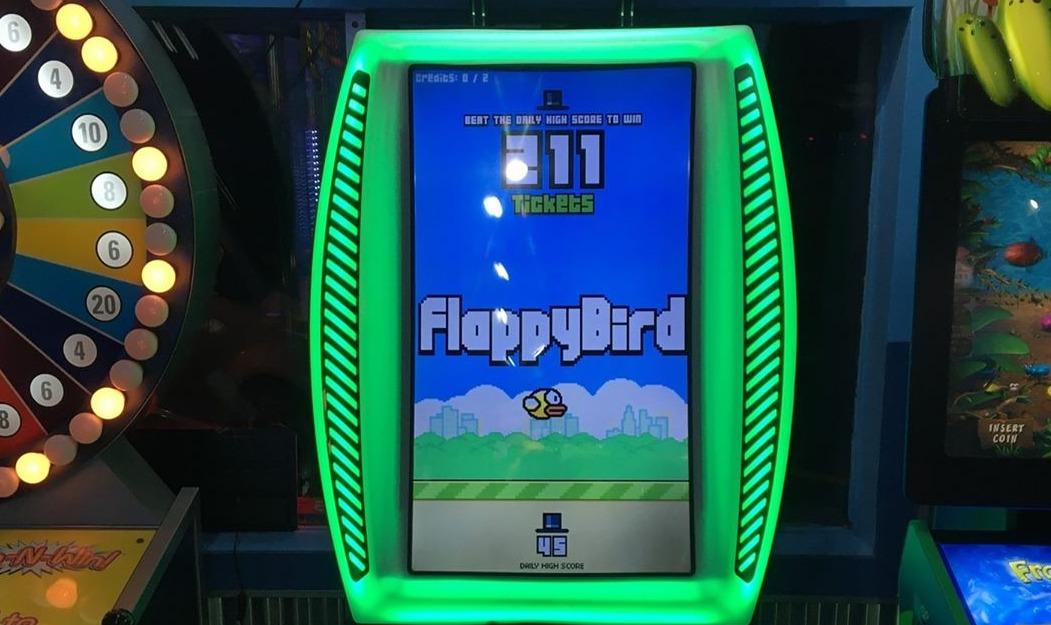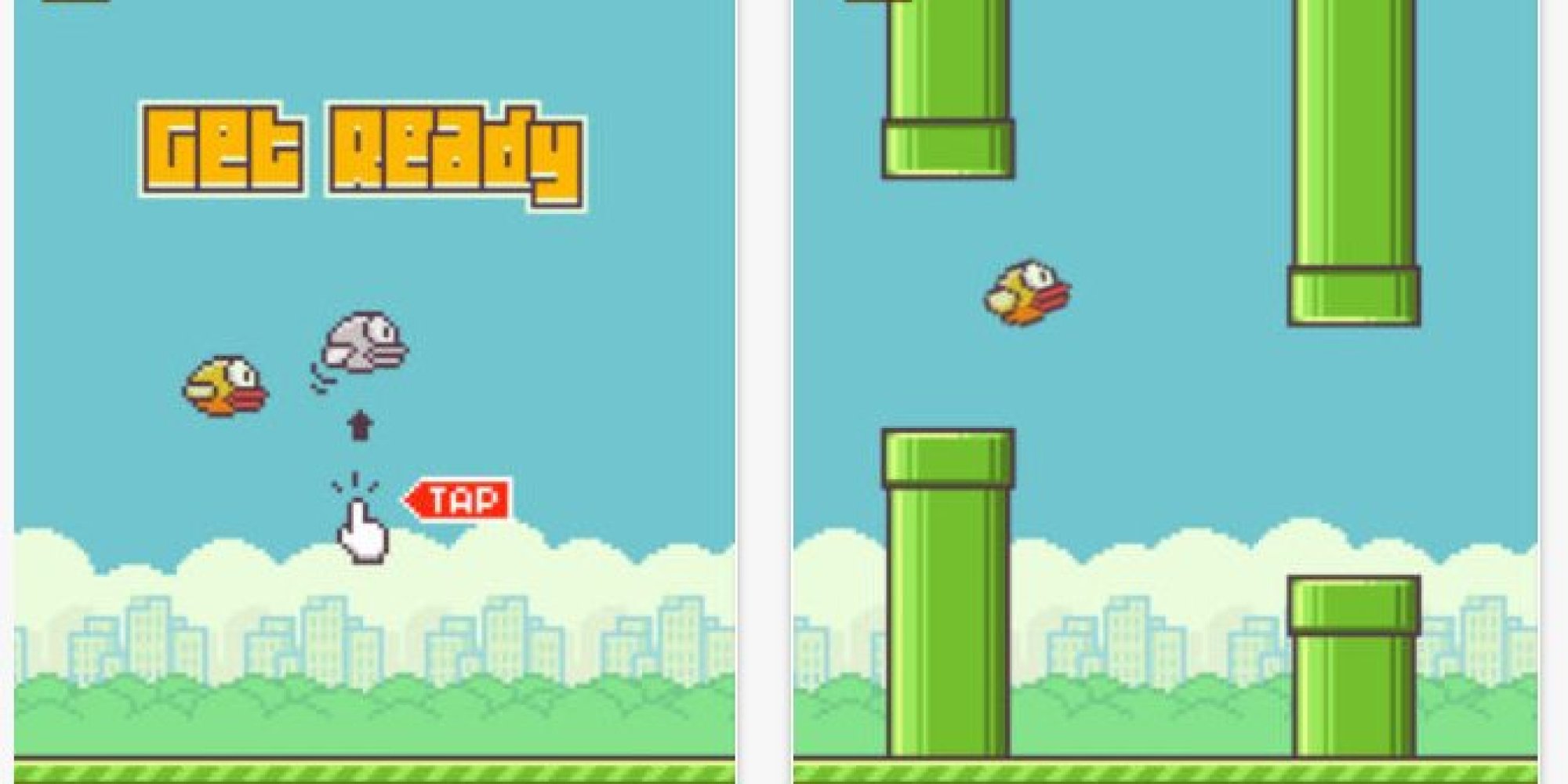Flappy Bird's Triumphant Return: What to Expect
After a decade-long hiatus, the beloved mobile game Flappy Bird is set to make a comeback in 2025. Originally launched in 2013, the game quickly became a cultural phenomenon, captivating millions with its simple yet infuriating gameplay. The announcement of its return has sparked excitement among fans and gamers alike, as well as curiosity about what changes and new features will be introduced.
The Comeback Announcement
On September 12, 2024, multiple news outlets reported that Flappy Bird would be returning to both iOS and Android platforms. The game will not only be available on mobile devices but is also expected to launch on web browsers by the end of October 2024. This news comes from various sources, including USA Today, Engadget, and Polygon, all of which highlighted the game's anticipated features and the involvement of a new development team.
New Features and Gameplay
The revamped version of Flappy Bird promises to include new characters, game modes, and multiplayer challenges. Michael Roberts, the chief creative behind the new iteration, expressed enthusiasm about the project, stating, "We have big plans for our little Bird!" This suggests that the developers are looking to expand the game's universe and enhance the overall player experience.
The original game was notorious for its high difficulty level, which led to its removal from app stores by creator Dong Nguyen in 2014 due to concerns over its addictive nature. The new version aims to retain the core gameplay that made the original a hit while introducing modern elements that align with current gaming trends.
The Legacy of Flappy Bird
Flappy Bird was initially released in May 2013 but gained massive popularity in January 2014, becoming the most downloaded app on the App Store. At its peak, the game was reportedly generating around $50,000 per day in advertising revenue for Nguyen. However, the overwhelming success led to significant stress for the developer, prompting him to pull the game from digital shelves just a month later.
Despite its short-lived run, Flappy Bird left a lasting impact on mobile gaming, inspiring countless clones and similar games. Its return is seen as a nostalgic revival for many who remember the frustration and joy it brought during its initial release.

The New Development Team
Interestingly, the new version of Flappy Bird will be developed by the Flappy Bird Foundation, a group of dedicated fans who acquired the rights to the game. This has raised questions about the involvement of Nguyen, who has not been publicly associated with the new project. Critics have already begun to voice concerns about potential microtransactions in the new game, a common feature in modern mobile games that was absent in the original.
Community Reactions
The announcement has generated a mix of excitement and skepticism within the gaming community. Many fans are eager to see how the game will evolve while retaining the charm that made it a classic. Others are wary of the potential pitfalls of modern gaming practices, such as pay-to-win mechanics and excessive monetization.
Anticipated Features
- New Characters: Players can expect a variety of new characters to choose from, adding diversity to the gameplay.
- Multiplayer Mode: The introduction of multiplayer challenges will allow players to compete against friends and other players globally.
- Expanded Game Modes: New game modes are expected to provide different ways to play, keeping the experience fresh and engaging.

The return of Flappy Bird is a significant event in the gaming world, rekindling fond memories for many while also raising questions about the future of mobile gaming. As the release date approaches, fans will be eagerly awaiting more details about the game’s features and gameplay mechanics. Will it live up to the legacy of the original, or will it fall victim to the pitfalls of modern gaming? Only time will tell, but one thing is for sure: the Flappy Bird phenomenon is far from over.
For more information, you can check out the full articles from USA Today, Engadget, and Polygon.





